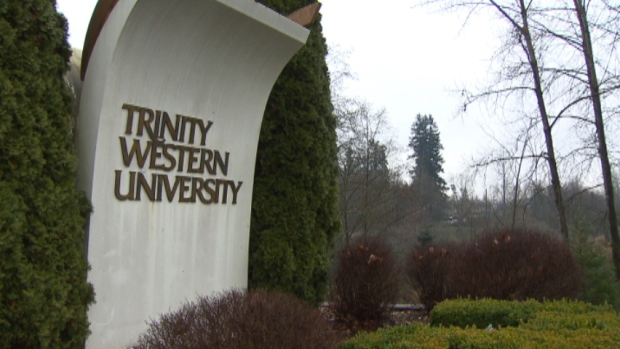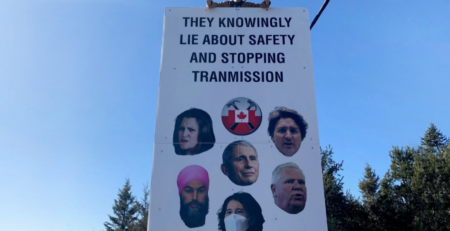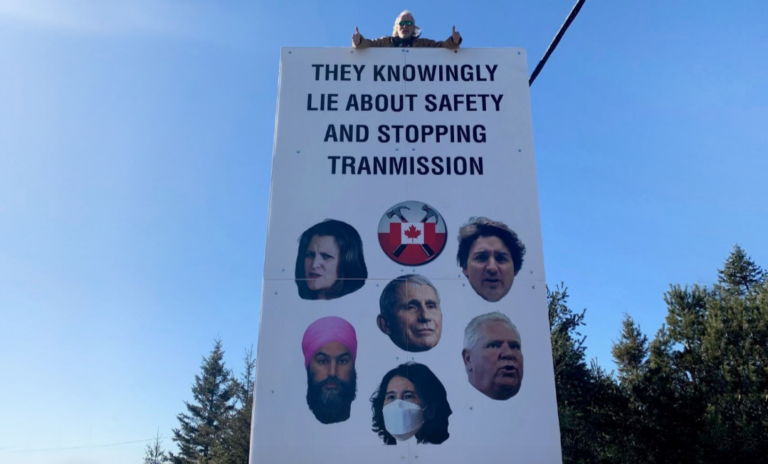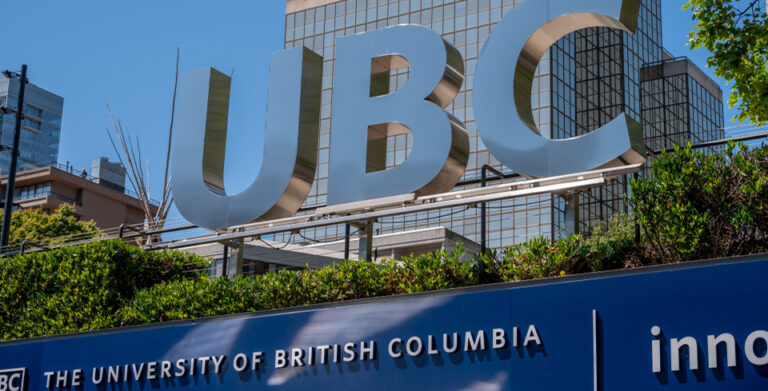John Carpay scores a big victory for Trinity Western: http://t.co/x1upyeJSxx #law #christianity #freedom
— John Hilton-O’Brien (@hiltonjohn) January 29, 2015
Last week the Supreme Court of Nova Scotia ruled in favour of freedom of association, conscience, religion and expression, in Trinity Western University v. Nova Scotia Barristers’ Society. The Honourable Justice Campbell found that the Barristers’ Society did not have authority to demand that Trinity Western University change its code of conduct (“Community Covenant”) in order for TWU law graduates to practice law in Nova Scotia. He further held that the Barristers’ Society failed to reasonably consider religious freedom and liberty of conscience.
The Barristers’ Society decided in April of 2014 to bar students of TWU’s proposed law school from entering the legal profession in Nova Scotia, solely because each of those students, by attending TWU and agreeing to the “Community Covenant”, commit to a Christian lifestyle and associate together.
Despite the fact that TWU is a private Evangelical university, the Barristers’ Society took offense to the Community Covenant commitment to Christian morality, specifically its prohibition on sexual intimacy outside of the marriage of one man and one woman. The Barristers’ Society claimed that this discriminates against gays and lesbians. The Barristers’ Society demanded that TWU change their Community Covenant in order for its law school graduates to be allowed to practice law in Nova Scotia.
During the December 16-19, 2014, court hearing in Halifax, the Justice Centre argued for the Charter section 2(d) right to freedom of association. Based on its Legal Brief posted at jccf.ca, John Carpay argued that the Barristers’ Society violates the freedom of association of TWU students by demanding, as a requirement of entering the legal profession in Nova Scotia, that students abandon their freedom to associate with others at a Christian university that has a Community Covenant.
In his decision, Justice Campbell noted that TWU does not ban gays and lesbians, and even prohibits discriminatory remarks and behaviours directed against LGBT people. Although some LGBT students would feel unwelcome to attend TWU, “[p]eople have the right to attend a private religious university that imposes a religiously based code of conduct . . . even if the effect of that code is to exclude others or offend others who will not or cannot comply with the code of conduct.”
Justice Campbell acknowledged that some may experience “outrage, emotional pain, minority stress, or hurt feelings” from knowing that a graduate of a private Christian university in B.C. can become a lawyer in Nova Scotia. But this does not provide the Barrister’ Society with any grounds to violate the Charter-protected fundamental freedoms of Canadians. Further, Justice Campbell found that the Barristers’ Society’s action against TWU “was not designed to minimally impair the freedom of religion and freedom of conscience.” The Charter cannot be transformed into “a tool in the hands of the state to enforce moral conformity with approved values.”
Justice Campbell rejected the argument that “those who hold religious views should be educated by the state in more appropriate secular values to create a moral melting pot.” Rather, lawyers “are entitled to believe what they want … [and] to form associations of like-minded lawyers.”
The Justice Centre will also argue for freedom of association in the upcoming Ontario challenge initiated by TWU against the Law Society of Upper Canada, and plans to apply for intervenor status in TWU’s challenge against B.C.’s law society. Both law societies are trying to ban TWU law graduates from practicing in those provinces.
January 28, 2015 Press Reease
The Justice Centre for Constitutional Freedoms (JCCF) announced today that it was pleased with the decision of the Supreme Court of Nova Scotia in Trinity Western University v. Nova Scotia Barristers’ Society. The Honourable Justice Campbell found that the Barristers’ Society did not have authority to demand that Trinity Western University change its policies. He further held that the Barristers’ Society failed to reasonably consider religious freedom and liberty of conscience.
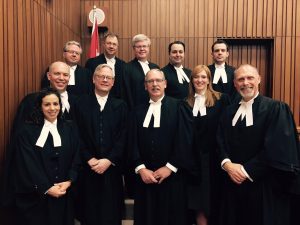
During the court hearing which was held December 16-19, 2014, in Halifax, the JCCF argued for the Charter section 2(d) right to freedom of association. Based on its Legal Brief posted at jccf.ca, the JCCF argued that the Barristers’ Society violates the freedom of association of TWU students by demanding, as a requirement of entering the legal profession in Nova Scotia, that students abandon their freedom to associate with others at a Christian university that has a Community Covenant.
Justice Centre president John Carpay, who argued the case, was pleased with the ruling. “The court’s decision is a victory for freedom of association, freedom of conscience and religion, and freedom of expression,” said Carpay. “All Canadians must be free to peacefully associate with one another under common beliefs and values, without punishment, and this court today upheld those freedoms.”
Read the Court’s Decision in Trinity Western University v. Nova Scotia Barristers’ Society
Background information about TWU and the Barristers’ Society decision
The Barristers’ Society disagrees with TWU’s Community Covenant, which sets out the standards of behaviour expected of students, staff and faculty at the private evangelical Protestant university in British Columbia. The Barristers’ Society disagrees with the Community Covenant’s prohibition on sexual intimacy outside of the marriage of one man and one woman, claiming that this discriminates against gays and lesbians.
The Barristers’ Society does not require Nova Scotia lawyers to adhere to any particular opinion about same-sex marriage, or about sexual morality.
However, the Barristers’ Society this past April decided to bar graduates of TWU’s law school from entering the legal profession in Nova Scotia, solely because of the beliefs and lifestyle choices of law students at TWU, and their choice to associate together in community. The Barristers’ Society demands that TWU change its Community Covenant in order for its law school graduates to be allowed to practice law in Nova Scotia.
The Federation of Law Societies of Canada approved TWU’s law program in 2013, based on the program’s academic credentials and professional standards. The Federation specifically considered and rejected arguments against TWU’s law school, namely that this private institution illegally discriminates against gays and lesbians.
In a very similar case in 2001, the Supreme Court of Canada in Trinity Western University v. B.C. College of Teachers upheld the right of TWU, as a private and voluntary religious institution, to accredit teachers:
TWU is not for everybody; it is designed to address the needs of people who share a number of religious convictions.
In the 2001 BC College of Teachers case, the Court cited from previous authority as follows:
A truly free society is one which accommodates a wide variety of beliefs, diversity of tastes and pursuits, customs and codes of conduct. … Freedom can primarily be characterized by the absence of coercion or constraint. If a person is compelled by the state or the will of another to a course of action or inaction which he would not otherwise have chosen, he is not acting of his own volition and he cannot be said to be truly free. … Freedom in a broad sense embraces both the absence of coercion and constraint, and the right to manifest beliefs and practices. … The Charter safeguards religious minorities from the threat of “the tyranny of the majority.”
Students who choose to attend TWU, an evangelical Protestant university in Langley, British Columbia, agree to abide by the community’s standards of behaviour, called the “Community Covenant.” TWU students pledge to “cultivate Christian virtues, such as love, joy, peace, patience, kindness, goodness, faithfulness, gentleness, self-control, compassion, humility, forgiveness, peacemaking, mercy and justice” and to “live exemplary lives characterized by honesty, civility, truthfulness, generosity and integrity.”
One of the Community Covenant’s many provisions is that TWU students and staff will abstain from sexual intimacy outside of the marriage of one man and one woman. The Barristers’ Society believes that the Community Covenant discriminates against gays and lesbians, and has therefore barred TWU law school graduates from practicing law in Nova Scotia.
The Barristers’ Society does not require lawyers who are now practicing law in Nova Scotia to adhere to any particular beliefs about sexuality and marriage. However, for law school graduates seeking to practice law in Nova Scotia, the Barristers’ Society will ban those who, while studying law, chose to adhere to a community covenant and chose to join a Christian university community.
As individuals, evangelical Protestants can maintain and practice their beliefs about sexuality and marriage while attending any law school in Canada, without facing any barrier to practicing law in Nova Scotia. However, when these same individuals, adhering to the same Christian beliefs and committed to the same Christian lifestyle, associate with each other in a community to study law, the Barristers’ Society prohibits them from practicing law in Nova Scotia. The JCCF will argued that this is a penalty, imposed by a government body on people because they exercise their freedom of association by joining together in exercising their constitutional rights.
Court Documents
- January 28, 2015 Press Release: Nova Scotia Court rules in favour of freedom of association, religion for TWU graduates
- January 28, 2015 Decision in Trinity Western University v. Nova Scotia Barristers’ Society
- December 16, 2014 Press release
- Final Brief of Argument (Trinity Western University v. Nova Scotia Barristers Society)

